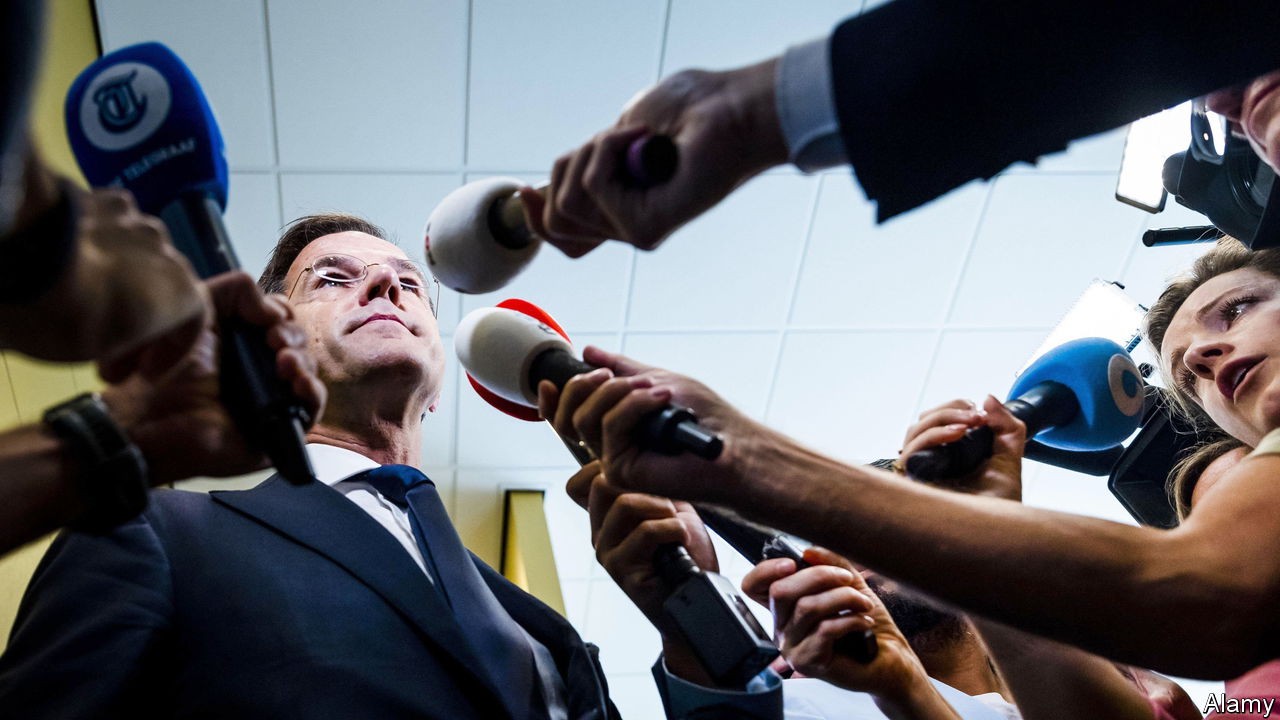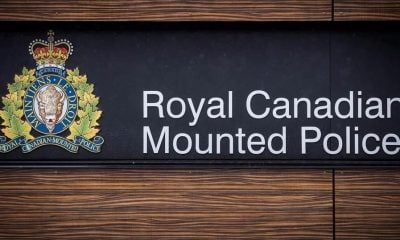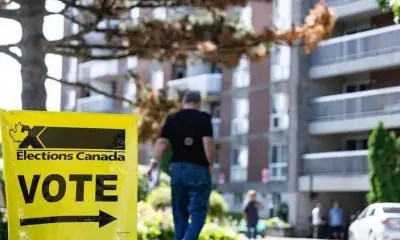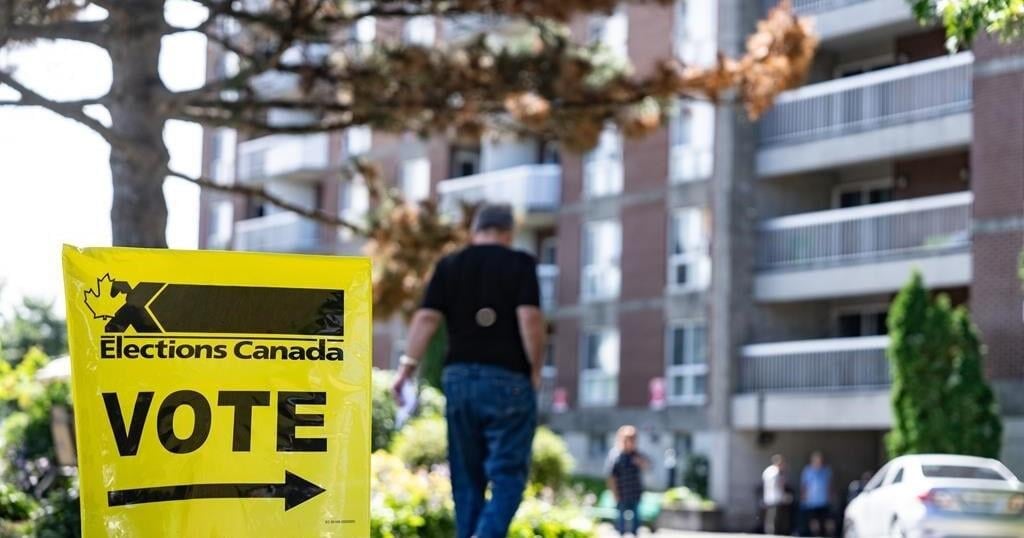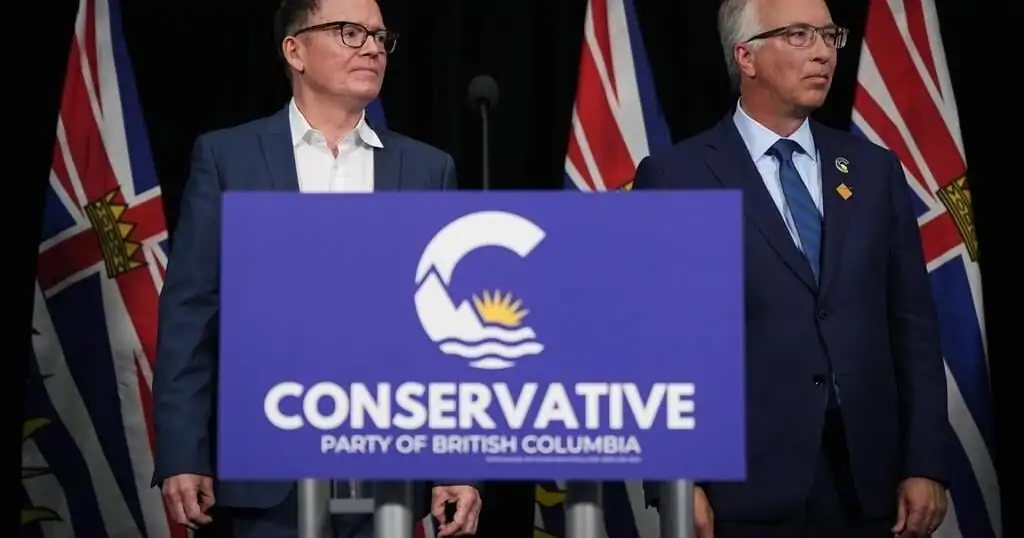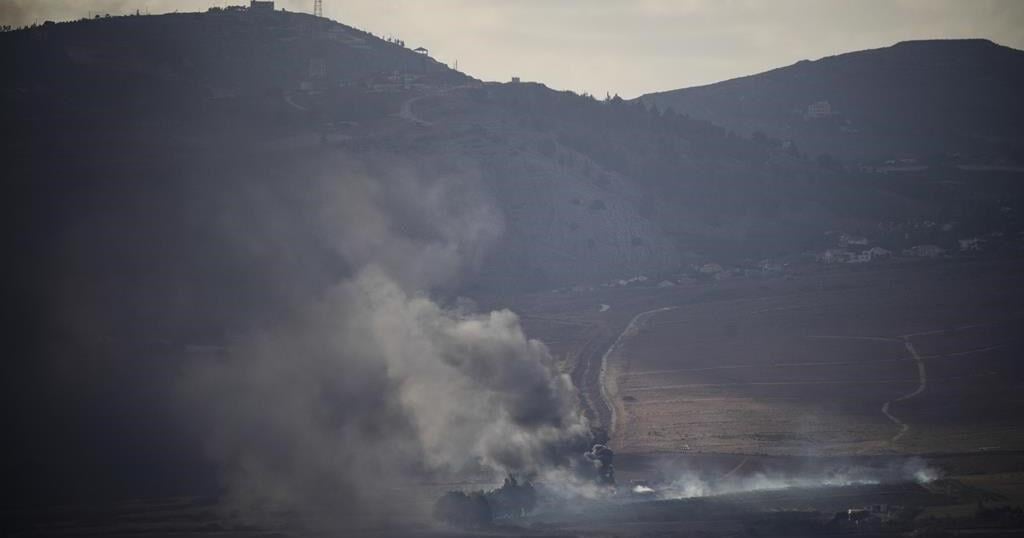VANCOUVER – An incumbent BC United legislative member has reversed her decision not to seek re-election and has announced she’ll run as an Independent in the riding of West Vancouver-Capilano in the upcoming British Columbia election.
Karin Kirkpatrick has been a vocal critic of BC United Leader Kevin Falcon’s decision last month to suspend the party’s campaign and throw support behind the B.C. Conservatives under John Rustad.
Kirkpatrick announced her retirement this year, but said Monday that her decision to re-enter the race comes as a direct result of Falcon’s actions, which would force middle-of-the-road voters to “swing to the left” to the NDP or to move further right to the Conservatives.
“I did hear from a lot of constituents and a lot of people who were emailing me from across B.C. … that they didn’t have anybody to vote for,” she said. “And so, I looked even at myself, and I looked at my riding, and I said, ‘Well, I no longer have anybody to vote for in my own riding.’ It was clearly an issue of this missing middle for the more moderate voter.”
She said voters who reached out “don’t want to vote for an NDP government but felt deeply uncomfortable” supporting the provincial Conservatives, citing Rustad’s tolerance of what she calls “extreme views and conspiracy theorists.”
Kirkpatrick joins four other incumbent Opposition MLAs running as Independents, including Peace River South’s Mike Bernier, Peace River North’s Dan Davies, Prince George-Cariboo’s Coralee Oakes and Tom Shypitka in Kootenay-Rockies.
“To be honest, we talk just about every day,” Kirkpatrick said about her fellow BC United incumbents now running as Independents. “We’re all feeling the same way. We all need to kind of hold each other up and make sure we’re doing the right thing.”
She added that a number of first-time candidates formerly on the BC United ticket are contacting the group of incumbents running for election, and the group is working together “as good moderates who respect each other and lift each other up.”
But Kirkpatrick said it’s also too early to talk about the future of BC United or the possibility of forming a new party.
“The first thing we need to do is to get these Independent MLAs elected into the legislature,” she said, noting a strong group could play a power-broker role if a minority government is elected. “Once we’re there then we’re all going to come together and we’re going to figure out, is there something left in BC United, BC Liberals that we can resurrect, or do we need to start a new party that’s in the centre?”
She said there’s a big gap left in the political spectrum in the province.
“So, we just have to do it in a mindful way, to make sure it’s representing the broadest base of people in B.C.”
Among the supporters at Kirkpatrick’s announcement Monday was former longtime MLA Ralph Sultan, who held West Vancouver-Capilano for almost two decades before retiring in 2020.
The Metro Vancouver riding has been a stronghold for the BC Liberals — the former BC United — since its formation in 1991, with more than half of the votes going to the centre-right party in every contest.
However, Kirkpatrick’s winning margin of 53.6 per cent to the NDP’s 30.1 per cent and the Green’s 15.4 per cent in the 2020 election shows a rising trend for left-leaning voters in the district.
Mike McDonald, chief strategy officer with Kirk and Co. Consulting, and a former campaign director for the BC Liberals and chief of staff under former Premier Christy Clark, said Independent candidates historically face an uphill battle and the biggest impact may be splitting votes in areas where the NDP could emerge victorious.
“It really comes down to, if the NDP are in a position to get 33 per cent of the vote, they might have a chance of winning,” McDonald said of the impact of an Independent vote-split with the Conservatives in certain ridings.
He said B.C. history shows it’s very hard for an Independent to win an election and has been done only a handful of times.
“So, the odds do not favour Independents winning the seats unless there is a very unique combination of circumstances, and more likely that they play a role as a spoiler, frankly.”
The B.C. Conservatives list West Vancouver School District Trustee Lynne Block as its candidate in West Vancouver-Capilano, while the BC NDP is represented by health care professional Sara Eftekhar.
Kirkpatrick said she is confident that her re-entry to the race will not result in a vote split that allows the NDP to win the seat because the party has always had a poor showing in the riding.
“So, even if there is competition between myself and the Conservative candidate, it is highly unlikely that anything would swing over to the NDP here. And I believe that I have the ability to actually attract those NDP voters to me, as well as the Conservatives and Liberals who are feeling just lost right now.”
This report by The Canadian Press was first published Sept. 16, 2024.

